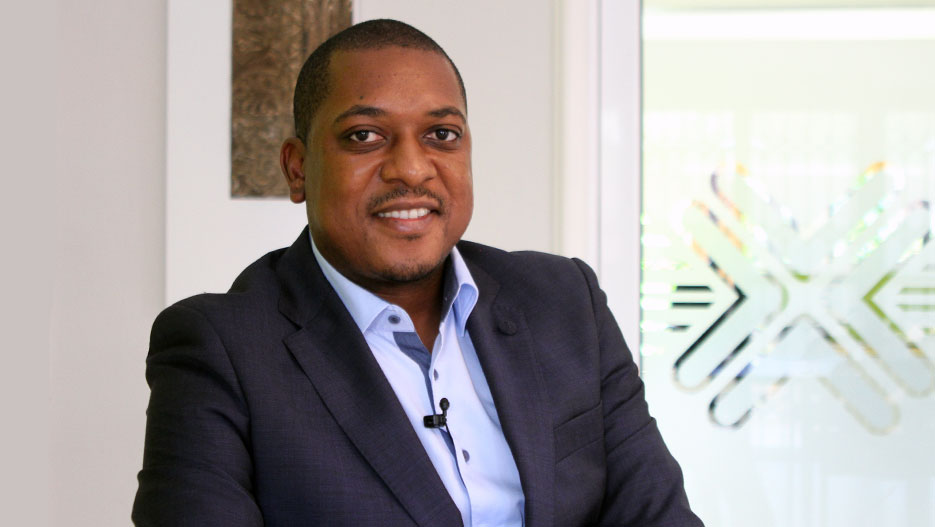Economy: Mega-Projects Will Help Boost Exports Says Joaquim Tobias Dai
Joaquim Tobias Dai, Executive Board Director of Exictos (member of Asseco Group), gives his outlook for the economy of Mozambique by the end of 2016/beginning of 2017, and mentions some of the challenges to be faced.
Interview with Joaquim Tobias Dai, Executive Board Director of Exictos (Asseco Group)

What is your outlook for the economy by the end of 2016/beginning of 2017?
Mozambique is now facing big challenges, in both directions: in economic, as well as political terms. On the economic front, we are facing a downfall because of the world economy. The world economy is down, and a poor country like ours faces significant challenges, even if we have a big ambition to grow.
Why? Because we don’t produce enough, which would precisely allow us to challenge the opposite of this, i.e. what we import. Normally, we import a lot of things, especially food and machinery. The fact that we don’t produce enough is one of our key challenges. One of our aims, therefore, has been to develop what we call ‘mega-projects’. These are projects that exceed $ 500 million, involving gas, coal and other such industries. However, with the problems facing coal, oil and gas, we don’t have enough investment coming into the country.
What we need – and what we hope can be achieved – is the final deal between the Government and the oil and gas companies, beginning with ENI and Anadarko, in order to boost Mozambique’s oil and gas industry. If we manage to reach this agreement in the course of this year, I believe that in one year’s time our oil and gas industry will once again enjoy a boom, at least in terms of the clusters around those large projects.
These are giant projects, which would enable us to export to different countries and clients. As such, these are the projects you need to focus on if you want to develop as a country, because when you focus on projects as big as those, you can develop a great number of clusters of activity around them, which for instance may involve insurance, the food industry, as well as everything relating to machinery and engineering around these kinds of projects. These are the projects we currently need in Mozambique, in order to achieve rapid development.
In political terms, we are facing another challenge. We have a party that actually owns guns, so this requires the government to enter into some tough negotiations with them, in order to stop this kind of nonsense, which is making investors feel afraid – some of whom have started to flee Mozambique, because they don’t want to have to face these kinds of challenges in the country.
Therefore, if we successfully engage with these two challenges, I believe that we will again be enjoying an economic boom one year from now, with investment coming back rapidly and in large amounts, accompanied by a significant increase in our GDP.
The two projects you referred to were Anadarko and ENI from Italy? Could you just briefly describe both projects?
Yes, that’s right. Both are very similar, because both operate in the same region. One is in Area 1, which I believe is Anadarko, while ENI is in Area 4. We could say this is almost the same project.
The Government wants to have just one transformation centre from gas to LNG (liquefied natural gas). Creating just one plant is something that neither companies want, since they prefer separate plants. But for us, this would make no sense, since it would just mean doubling the effort. If you can have just one plant, that’s good enough, because you can export using just one port.
Therefore, there is no difference between these two projects, because the gas is similar, in terms of reserves, also in terms of the ease with which the gas can be accessed. Our gas is very clean and quite close to the surface, which means you don’t have to dig too deep to get at it. There is no significant difference between these companies, at least concerning these projects.